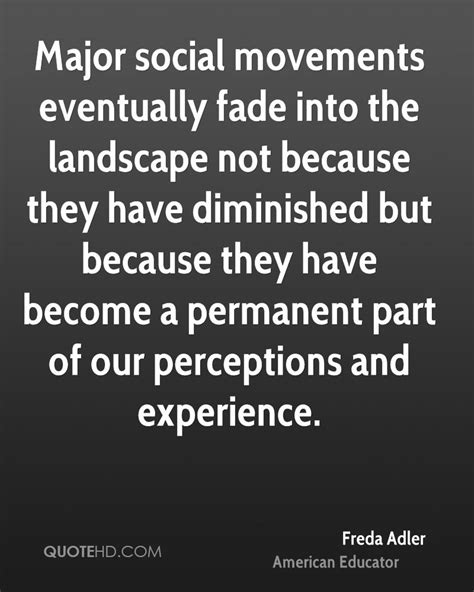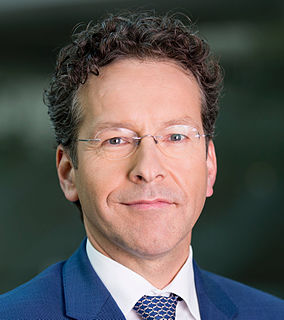A Quote by John Maynard Keynes
Perhaps it is historically true that no order of society ever perishes save by its own hand.
Related Quotes
In the ancient world individuals have sold themselves as slaves, in order to eat. So in society. Here is a witch-doctor who can save us from the sorcerers - a war-lord who can save us from the barbarians - a Church that can save us from Hell. Give them what they ask, give ourselves to them bound and blindfold, if only they will! Perhaps the terrible bargain will be made again. We cannot blame men for making it. We can hardly wish them not to. Yet we can hardly bear that they should.
I've always had a love of cards, ever since I was a little kid. I think poker, as a system, describes the chaos of the world. Our sudden reversals, our freak streaks of fortune. The belief that the next hand can save you, and the inevitable failure of the next hand to save you. I think that describes my world view pretty well.
[T]here are, at bottom, basically two ways to order social affairs, Coercively, through the mechanisms of the state - what we can call political society. And voluntarily, through the private interaction of individuals and associations - what we can call civil society. ... In a civil society, you make the decision. In a political society, someone else does. ... Civil society is based on reason, eloquence, and persuasion, which is to say voluntarism. Political society, on the other hand, is based on force.
Order derived through submission and maintained by terror is not much of a safe guaranty; yet that is the only "order" that governments have ever maintained. True social harmony grows naturally out of solidarity of interests. In a society where those who always work never have anything, while those who never work enjoy everything, solidarity of interests is non-existent; hence social harmony is but a myth.... Thus the entire arsenal of governments - laws, police, soldiers, the courts, legislatures, prisons - is strenuously engaged in "harmonizing" the most antagonistic elements in society.
In any society, order is the first need of all. Liberty and justice may be established only after order is tolerably secure. But the libertarians give primacy to an abstract liberty. Conservatives, knowing that "liberty inheres in some sensible object," are aware that true freedom can be found only within the framework of a social order, such as the constitutional order of these United States. In exalting an absolute and indefinable "liberty" at the expense of order, the libertarians imperil the very freedoms they praise.
Perhaps that is what life is all about—the search for such a connection. The search for magic. The search for the inexplicable. Not in order to explain it, or contain it. Simply in order to feel it. Because in that recognition of the sublime, we see for a moment the entire universe in the palm of our hand. And in that moment, we touch the face of God.



































